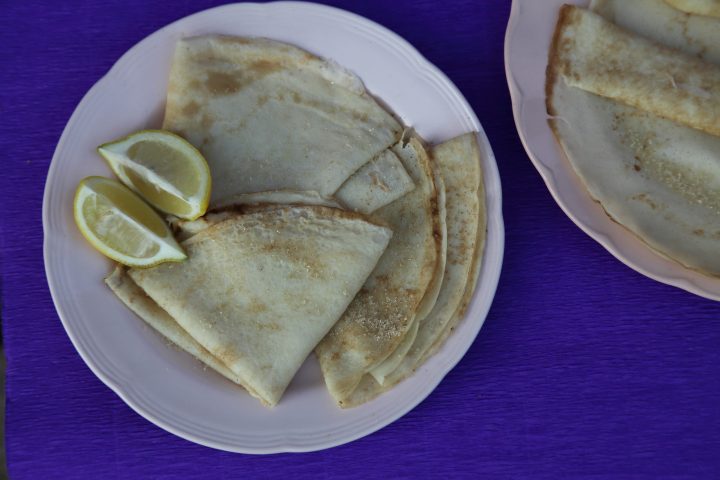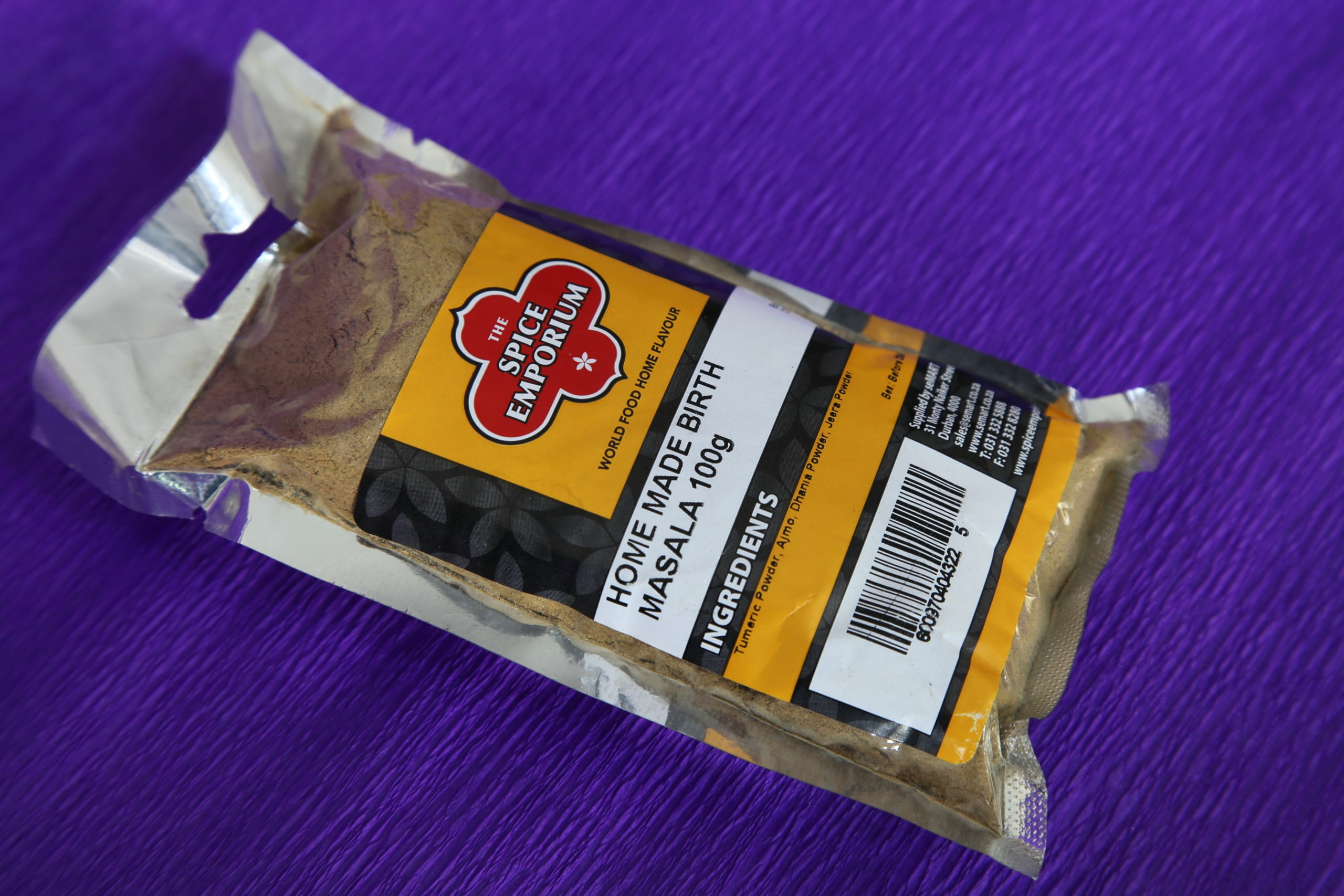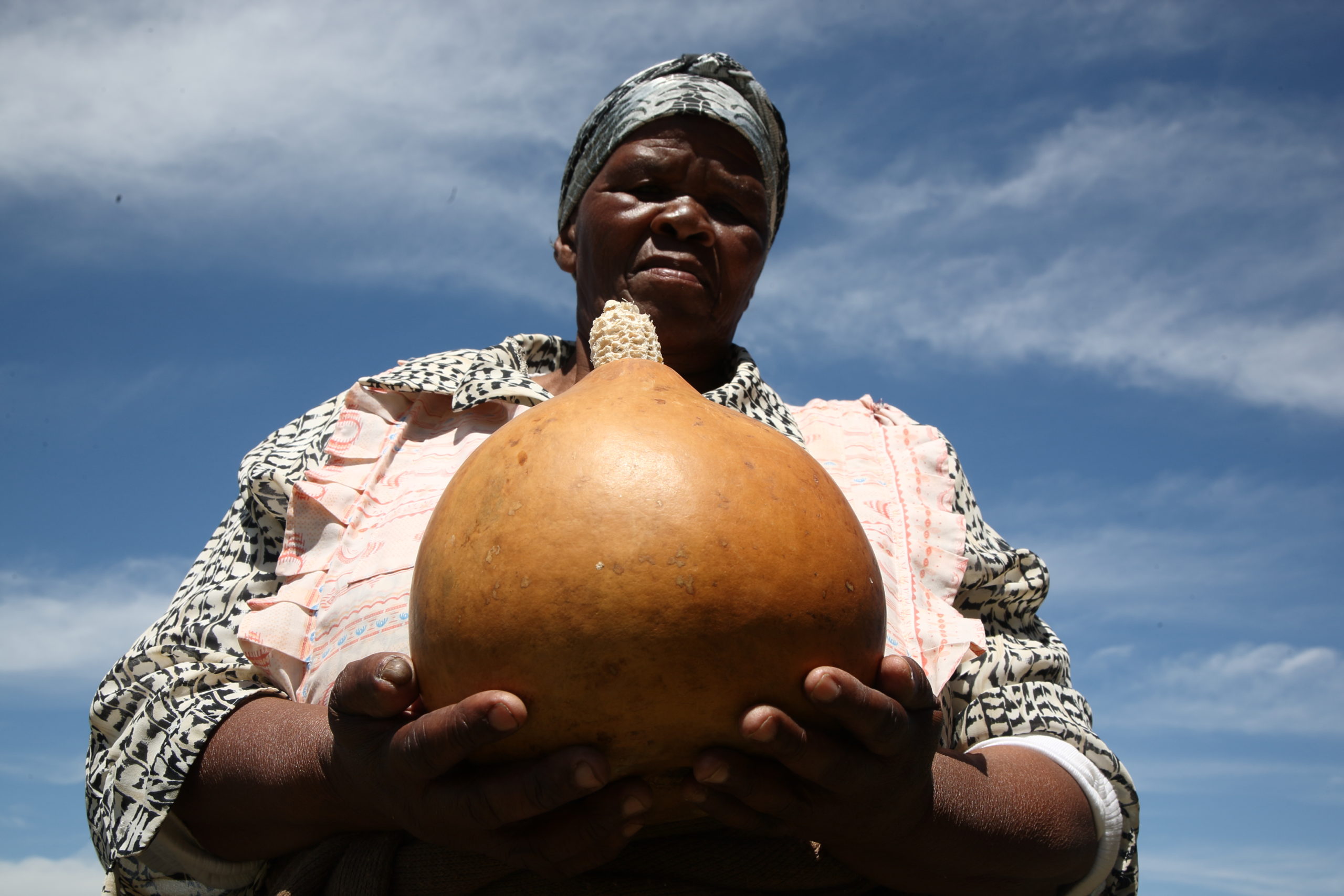BIRTH, NOURISHED
The cycle of life, love, milk and honey in Mzansi motherhood lore

The ways in which Mzansi mothers seek to support pregnancy, birth and babies through food are deliciously diverse.
The author supports the Saartjie Baartman Centre for Women and Children in Manenberg which provides support for survivors of domestic violence.
“Go jewa ke ntlo” (she was eaten by the house) is a Northern Sotho metaphor for maternal death in childbirth. While the majority of South African women survive pregnancy, many feel alternately consumed and nourished by motherhood. Cooking, eating, feeding, being fed and becoming the mothers and children that we are exists on a symbiotic biocultural continuum. South Africans often explain this relationship to ourselves and others by way of alimentary sayings (such as the one above) and a plethora of foodie folk lore. Some of our traditional food proverbs and practices are supported by science. Others are erroneous (and occasionally actively injurious). Most are unproven but benign and earnestly adhered to.
The ways in which Mzansi mothers seek to support pregnancy, birth and babies through food are deliciously diverse. Birth Masala is used by South African women of Indian ancestry to prevent miscarriage, ease labour and aid post-partum recovery. Mira Harie of Spice Emporium in Durban says that this aromatic spice blend (which generally contains a secret ratio of turmeric, cumin, coriander and ajmo/carom) is traditionally cooked into yummy mummy meals such as maren salo chicken curry and rassam lentil soup.

Durban Birth Masala. (Photo: Richard Goode)
Many Venda women in rural Limpopo seek out delele (okra) leaf stews in their final weeks of pregnancy because as Rachel Nyawasedza from the Niani district observes: “We believe that the slippery delele will bring about a smooth and simple labour.” Nozipho Mngomezulu describes how Ndebele women: “Collect tloba wild pumpkin leaves by the river and we boil those leaves then drink it like a tea to cleanse and take away pains after giving birth.”
For every ingredient that is encouraged there is an edible injunction. In Rustenburg Veronica Pilane says that: “Many Bakgatla mothers are advised to avoid eating mala mogodu (tripe) because they say that it will cause the cervix to close.” Eggs are also a common food taboo. Nokuzola Nompuku, a grandmother in Libode, Eastern Cape believes that: “Eggs are not supposed to be consumed by pregnant women, as they will cause them to have too much appetite for sex and can search everywhere for it. This not only affects them but will be transferred to unborn female children.” These restrictions are potentially problematic because both offal and eggs are cheap, easily accessible sources of protein and abstaining from such food makes pregnant women and their babies vulnerable to nutrient deficiencies.
Maternal diet not only nourishes the forming foetus but also introduces it to the joy of flavour. Professor Julie Mennella of the Monell Chemical Senses Centre in Philadelphia, USA recently published a paper in The Journal of Pediatrics which shows that at 21 weeks after conception a developing baby not only has taste and smell receptors but also gulps down 100g of amniotic fluid a day. She reports that: “Things like vanilla, carrot, garlic, pepper, anise and mint are some of the flavours that are transmitted from mother to child in amniotic fluid.” Which must mean that the unseen baby present at an Afrikaner ooievaarspartytjie (stork party) is au fait with melktert vanilla flavours from the bordjie soet (sweet platter).
These early taste experiences are not transient. Babies seem to remember the flavours that they encountered in utero. Mennella divided pregnant women into two groups. One group was asked to drink carrot juice every day during pregnancy and another to avoid carrots completely. When the children began to eat solid food, researchers fed them cereal made either with water or carrot juice and videotaped their responses. The babies who had experienced carrot in amniotic fluid ate more of the carrot-flavoured cereal and smiled more while doing it. Similar studies have been performed with garlic and anise.
Mennella also found that ginger, garlic, citrus and vanilla consumed by mothers were transmitted in breast milk. And that babies seemed pleased. Breast-fed babies observed in experimental settings suckled significantly longer when mothers had consumed these ingredients. There is no South African specific research but the aforementioned study suggests that babies born to Cape Malay mothers are probably pleased that their natal culinary culture encourages breastfeeding women to drink ginger beer. As Bo Kaap resident and tour guide Zakiri Harris put it: “They use it to stimulate milk production. If you visit a home and see ginger beer in the fridge, you are almost certain that a mum has been breastfeeding.” If the occasional dried naartjie peel spiced koesister is also consumed then so much the better …
Zulu grandmothers traditionally advise breastfeeding women to eat both the fermented porridge incwancwa and pumpkin isijingi thereby indirectly exposing infants to the contrasting pleasures of sweet and sour. Whatever the nutritional merits of formula milk, it is perforce formulaic and does not provide babies with such diversity of flavour. Habits learnt early are hard to break and Mennella’s research reports that formula-fed babies are much more likely to become conservative eaters in later life. By the time that an Afrikaner mother celebrates her child’s first tooth with a pannekoek party or a Hindu mother introduces solid food with the Annaprashana first rice ritual, basic taste preferences and the propensity (or lack thereof) to adventurous eating is already in place.
Every time a mother feeds a child she is building its sense of self by giving it information about the type of family that it has been born into. Children whose early solid food experiences revolve around bean mphungu wa tinyawa porridge are learning what it is to be Tsonga. Teething Xhosa babies are often allowed to gnaw on a bone from an umleqwa heritage chicken to soothe sore gums. I recently attended a Kveller (first haircut) ceremony at a Johannesburg synagogue in which a three-year-old was presented with honey covered Hebrew letters to lick in a rite of passage from baby to boy that South African Jewish food expert Romi Rabinowitz (@eversolovelysa) explains is “designed to teach him that the words of the Torah are sweet like honey”.
Not only do we use food to tell our babies who they are but sometimes we use it to check that they are who we think they are. Who needs DNA testing when there is the molethlo wa magobe (the ceremony of bogobe)? This Pedi ritual requires a baby who can crawl to be placed before a range of bogobe porridge pots. If the child moves towards the pots of its father’s household this is taken as a confirmation of paternity.
Mostly it is mothers who determine what babies eat but there are some situations in which an infant may influence what its mothers can consume. Coceka Mdludlu explains that: “Newly married Zulu and Xhosa brides are required (to) Ukuhlonipha. This regulated code of manners determines language, dress and food consumption. A common food taboo is around amasi (sour milk) made at the in-law’s homestead. The makoti may not use that milk.” Shared dairy is often a symbolic indicator of kinship. A wife comes into a family from an outside clan and is only gradually incorporated on a social and spiritual level. Chef Siya Kobo describes how: “As a newly married woman, she may only use milk at her husband’s family home after she has permission to do so from her elder in-laws. This generally only happens after the birth of her first child. So, it is always a stress to the makoti to have a baby as this stamps her position in the family.”

Lucrecia Ngcebetshana of Qunu holding her family’s calabash of amasi sour milk. (Photo: Richard Goode)
The birth of a baby facilitates ancestral introductions and alters the ways in which a woman may eat. If the house doesn’t eat her, she may henceforth eat with the house. And so, the cycle of life, love, milk and honey infuses through past into present and on towards the future. Happy Mother’s Day Mzansi… DM/TGIFood






 Become an Insider
Become an Insider
Comments - Please login in order to comment.